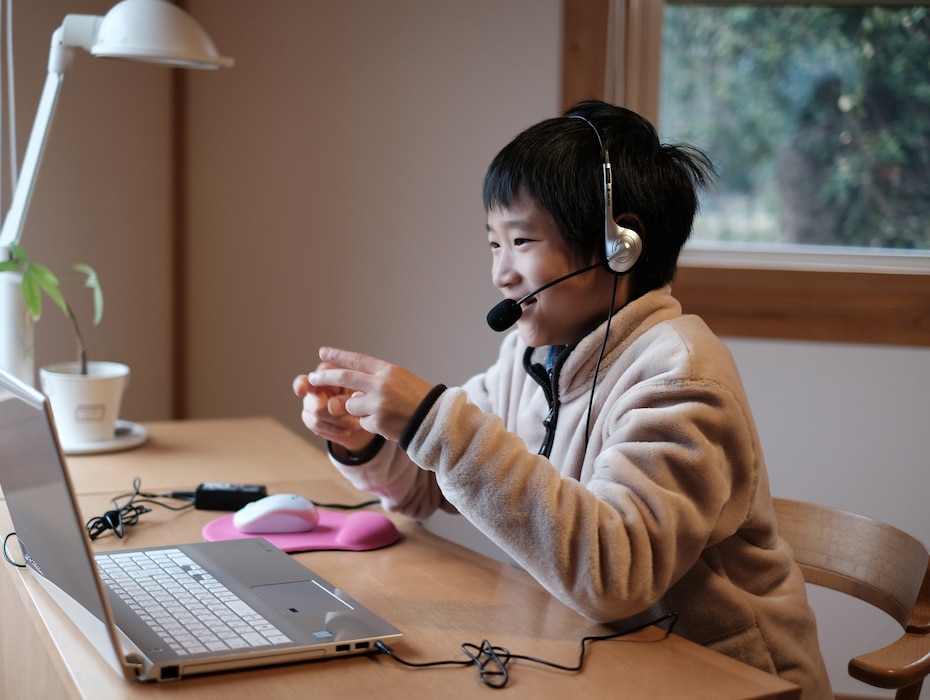When the lockdowns suddenly shuttered entire industries and pushed millions out of work, people’s ability to retool their skill sets and train for new careers became more important than ever.
For the thousands of students enrolled in the online institution Columbia Southern University, being able to continue in their career-oriented degree or certificate program—for such in-demand fields such as emergency medical services and public administration—took on added urgency. These students couldn’t afford for the university itself to go on lockdown and suspend courses, as so many other higher-learning institutions did.
But the quarantine orders in CSU’s home state of Alabama forced the university to shut down its administrative offices and transition all of its 500 faculty and staff to remote work. And although CSU was a distance learning institution and already delivering instruction to remote students, the staff would need a major IT communications upgrade if they were going to be able to maintain operations from their own homes.
Looking for a phone system that works anywhere
Because all of the university’s undergraduate courses are entirely online, CSU depends heavily on phone communication to guide students through their academic journey. Between inquiries to the school’s Admissions Department, Registrar’s Office, Financial Aid team, and Academic Advisors, CSU averages 10,000 phone calls every day with students.
Pam Gough, CSU’s Director of Technical Support, explains that with the lockdown orders looming, she and her IT team realized the university’s 15-year-old on-premises phone system couldn’t support faculty and staff through the quarantine period. They would need a modern, flexible cloud solution to allow their staff to take and make university phone calls from home.
Rolling out RingCentral in days
When they rolled out RingCentral’s all-in-one cloud communications solution to everyone in the organization, CSU had the work-from-home toolset it needed to keep operations moving forward and keep its staff accessible to students by phone, even with its entire team working remotely.
And although the lockdowns forced the IT team to significantly compress its implementation timeframe, the rollout proved smooth and painless even though it was rushed. “We needed to move everybody over to RingCentral within a few days,” says Pam. “I couldn’t believe it, but we did it.”
Improving operations even under less-than-ideal conditions
The initial catalyst behind CSU’s move to a cloud phone solution was to enable staff to stay connected to students, and to each other, during the mandated stay-home period. RingCentral provided all of those capabilities, efficiently and immediately. But, as Pam points out, after her team had addressed that immediate need, they began finding other ways the solution could help improve CSU’s operations.
“As my team and I investigated the solution, we realized RingCentral could also replace other communication services we had—such as video conferencing, online faxing, and team messaging—and put them all into a single platform.”
Today, the CSU faculty and staff are leveraging their RingCentral unified communications platform to continue delivering an outstanding educational experience and customer service to tens of thousands of career-oriented students—at a time when those students need these opportunities more than ever.
Learn more about the Columbia Southern University–RingCentral success story.
Originally published Sep 30, 2020, updated Dec 30, 2022





